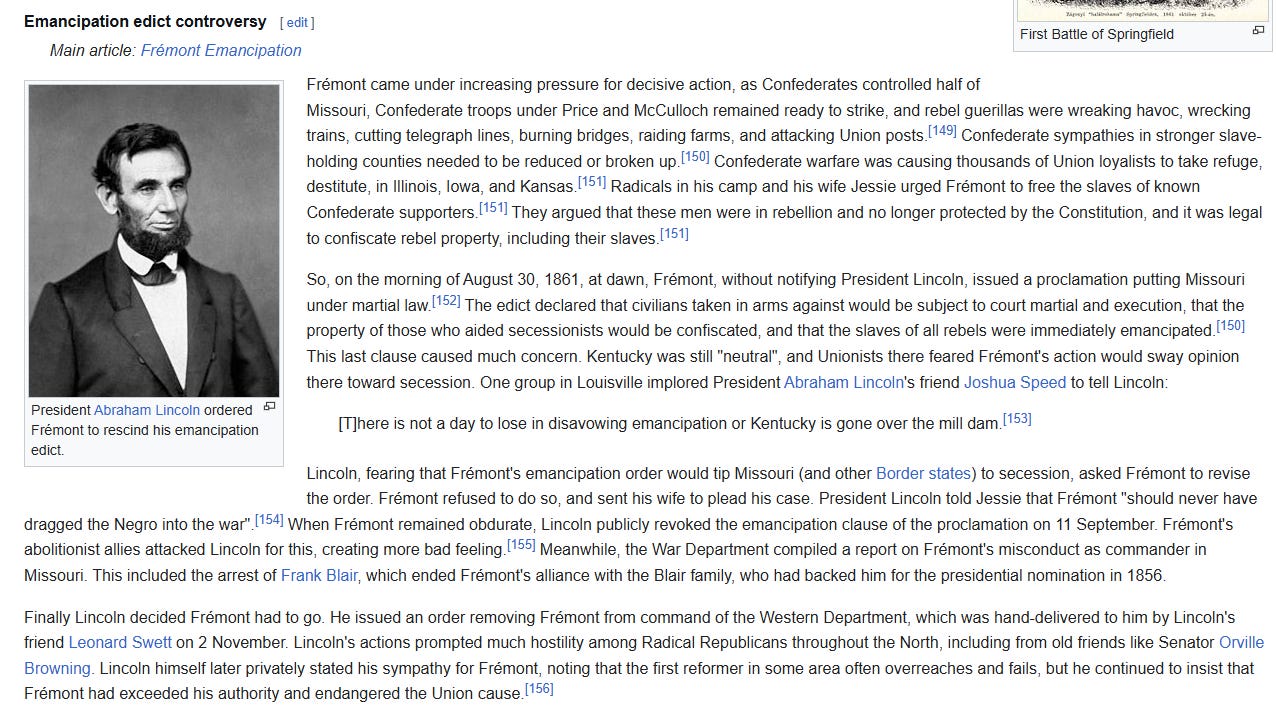
Richard Luthmann and I were back for the 38th episode of The Unknown, and we examined the federal budget.
First, we discussed Elon Musk’s interview on Fox News Channel (FNC) with Jesse Waters, and Elon’s DOGE team.
Elon, true to form, ran daily meetings at 10PM local time, he said.
Elon and his team discussed the waste and fraud they found, including at the Inter-American Foundation (IAF) which gives grants to endeavors like alpaca farming in Peru and the marketability of peas in Guatemala.
The IAF is a small agency which gets approximately $50 million to give grants.
The DOGE team found that only about 60% of the money allocated went to grants. The rest went to salaries, expenses, travel, and other bureaucratic costs.
It’s a problem, Elon said, throughout the government.
“Even if you agree in supporting alpaca farming in Peru, most of the money never made it out of DC,” Elon told Watters.
Elon said that a Government Accountability Office (GAO) estimate found that “10-15 cents on the dollar,” of government spending made it to its intended destination, while the rest went to bureaucratic costs.
Meanwhile, President Donald Trump introduced his 2026 budget proposal. It had cuts everywhere, except defense.
I said that I liked the budget, but I didn’t love it because, “If you’re going to cut other programs, you need to cut defense.”
The Department of Defense has a current budget of $850 billion. The US is not at war. There’s no reason to increase that budget with our $36 trillion debt.
Richard disagreed, calling me a war monger because the current budget provides, “peace through strength.”
The man running the Defense Department, Pete Hegseth, was in the news again. This time he was accused of insubordination.
The order to temporarily suspend the shipment of US military aid to Ukraine came from the office of Defense Secretary Pete Hegseth and the White House was unaware of the decision.
Source: Reuters, as reported by European Pravda
Details: About a week after Donald Trump began his second term as US president, the US military instructed three cargo carriers based at Dover Air Force Base in Delaware and a US base in the United Arab Emirates to halt 11 flights loaded with artillery shells and other weapons bound for Ukraine.
Within hours, Washington received panicked questions from Ukrainian officials in Kyiv and from coordination centres in Poland. Who had ordered US Transportation Command (TRANSCOM) to halt the flights? Was it a full suspension of aid, or just a partial one?
Top national security officials at the White House, the Pentagon and the State Department could not provide answers. The flights resumed a week later.
TRANSCOM records reviewed by Reuters indicate the verbal order came from the office of Defense Secretary Pete Hegseth.
Richard dismissed the report, saying it originated with European Pravda, an ideological comrade to Russian Pravda.
What if the report was accurate? I compared it to an incident in the Civil War, when John C Frémont defied President Abraham Lincoln’s wishes and issued an emancipation proclamation in 1861.
Frémont was one of several early failed generals before President Lincoln found Ulysses S. Grant to win the Civil War.
As I argued, this was President Lincoln’s call to make, not Frémont’s. Frémont’s unwillingness to reverse the emancipation proclamation was insubordination. In the same way, Hegseth ordering ships to stop carrying arms to Ukraine was not his call. This too was insubordination, if the story is accurate.




















Share this post